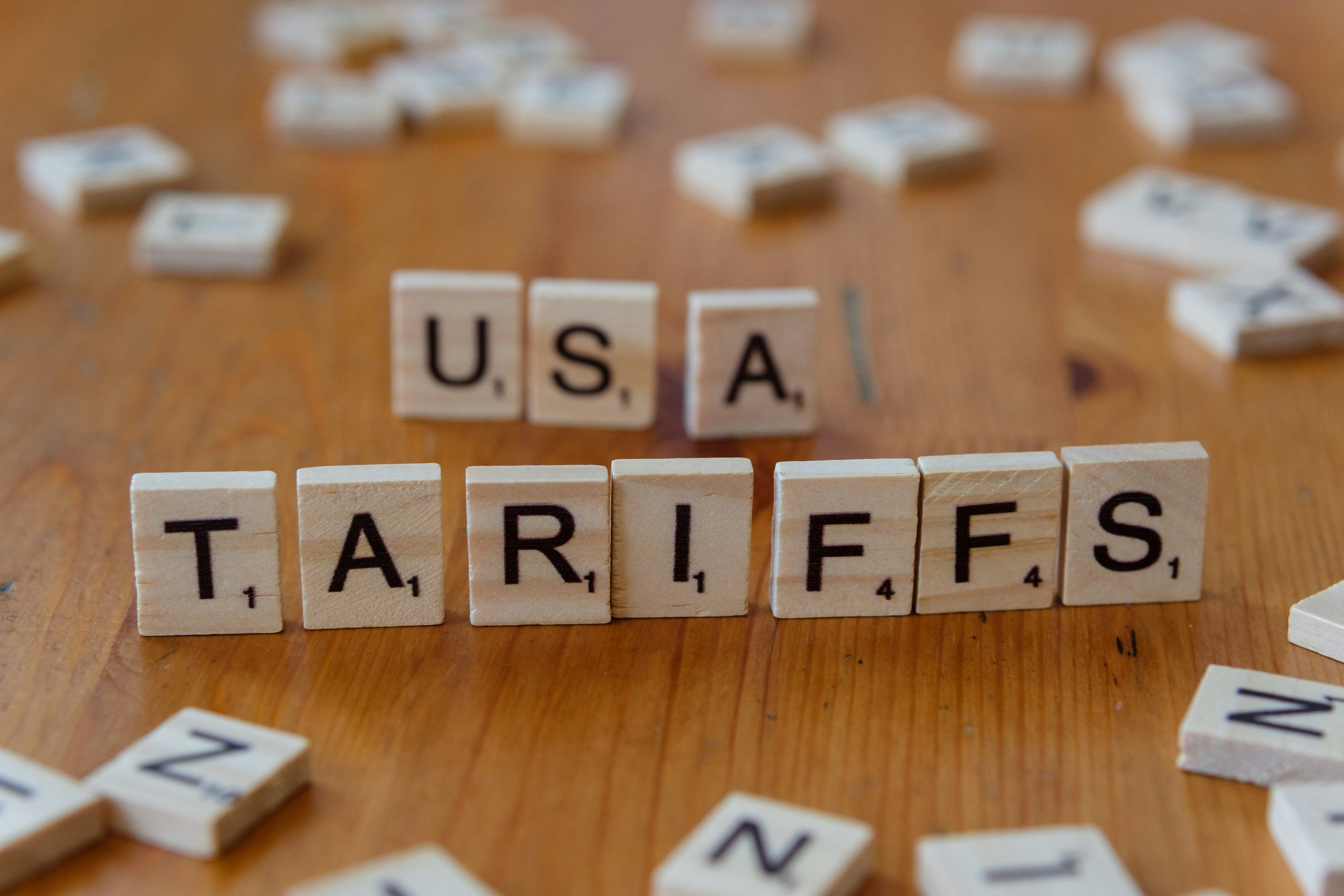How the New Tariffs Could Affect the Real Estate Market
The Trump administration’s recent implementation of new tariffs has introduced significant variables into the U.S. real estate market. These tariffs, affecting a broad spectrum of imported goods, are poised to influence construction costs, housing prices, mortgage rates, and overall market sentiment. Understanding these dynamics is crucial for prospective homebuyers, investors, and industry professionals.
Increased Construction Costs
Tariffs on imported building materials are expected to raise construction expenses substantially. The National Association of Home Builders (NAHB) estimates that these tariffs could increase the cost of constructing a new home by approximately $9,200. This escalation is primarily due to higher prices for essential materials such as lumber, steel, and aluminum, many of which are sourced from countries now subject to increased tariffs. For instance, Canadian lumber, which accounts for a significant portion of U.S. imports, is currently subject to a 14.5% tariff, with potential increases on the horizon.
Impact on Home Prices and Affordability
As construction costs rise, these expenses are often passed on to consumers, leading to higher home prices. This trend could further alienate potential buyers in markets already grappling with affordability issues. Moreover, increased costs may deter builders from initiating new projects, exacerbating the existing housing shortage and putting additional upward pressure on prices. The NAHB reports that building material costs have risen 34% since December 2020, a trend likely to continue under the new tariff regime.
Fluctuating Mortgage Rates
The economic uncertainty spurred by the tariff implementations has led to volatility in financial markets, influencing mortgage rates. While the average 30-year fixed mortgage rate has recently dipped to 6.62%, down from 6.88% a year ago, the long-term trajectory remains uncertain. Analysts warn that if inflation rises due to disrupted supply chains and higher import costs, interest rates could climb again, reversing recent gains.
Market Sentiment and Buyer Hesitation
The introduction of tariffs has injected unpredictability into the market, affecting consumer confidence. Economic uncertainty, driven by volatile trade policies and tariff implementations, has left both markets and consumers uneasy. Recession fears add to buyer hesitation, with 32% of employed individuals expressing concerns about job security, up from 23% the prior month, according to Fannie Mae. This apprehension may lead potential buyers to delay purchasing decisions, impacting overall market activity.
Potential Silver Linings
Interestingly, the luxury real estate sector may experience a different impact. Affluent investors, seeking to hedge against stock market volatility induced by trade tensions, might turn to high-end real estate as a more stable investment. This shift could bolster demand in the luxury market segment, potentially offsetting some adverse effects of the tariffs.
Let’s Create a Strategy Together
Navigating a shifting real estate market requires expertise, insight, and a thoughtful plan. Whether you’re considering buying or selling or simply curious how these new economic shifts could impact your real estate journey, I’m here to help.
📞 Call or text me at (510) 672-2040
📧 Email me at sloane.young@cbrealty.com
🌐 Visit www.sloaneyoungrealty.com
Let’s connect and create a strategy tailored to your next real estate goals.

 Facebook
Facebook
 X
X
 Pinterest
Pinterest
 Copy Link
Copy Link
